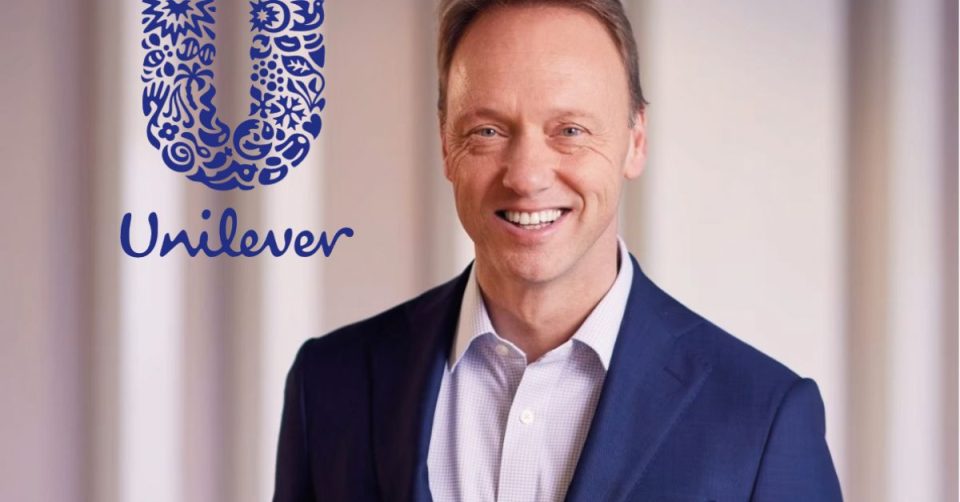In the ever-evolving world of fast-moving consumer goods (FMCG), adaptation and strategic clarity are essential for the continued success of major corporations. Unilever, a global leader in the FMCG industry, has recently announced its intent to streamline its operations by concentrating on 30 key brands that contribute to a significant 70% of its sales. This move, under the leadership of its new CEO Conny Schumacher, is a clear signal of the company’s commitment to efficiency and optimal performance.
This strategic shift is by no means a random decision but a calculated move to assess and reassess the assets owned by Unilever. In the fast-paced world of FMCG, staying competitive and relevant requires constant vigilance. Unilever’s choice to focus on a select group of high-performing brands underscores the importance of allocating resources where they can make the most significant impact.
It’s no secret that the past year was a turbulent one for Unilever, marked by challenges and changes. The departure of the former CEO, Alan Jope, saw a series of events that kept the company in the spotlight for various reasons. Notably, an attempted acquisition of GSK’s consumer healthcare business faced complications, and the addition of billionaire activist investor Nelson Peltz to the board added an extra layer of complexity.
In light of these events, it is not surprising that Unilever is choosing to refocus and strengthen its core operations. The commitment to the 30 key brands is not merely a response to challenges but a proactive strategy for a stronger future. By optimizing the management and performance of these key brands, Unilever aims to ensure that its resources are allocated efficiently and that it continues to deliver value to its customers and shareholders.
In a rapidly changing market landscape, the FMCG industry faces numerous challenges, from shifting consumer preferences to heightened competition. Unilever’s decision to assess its assets with a “clear-eyed manner” demonstrates a commitment to adaptability and resilience. It is this flexibility and readiness to evolve that can drive long-term success in a dynamic industry.
As Unilever embarks on this strategic journey under its new CEO, it’s essential to remember that a company’s ability to adapt and refocus is a sign of strength. Unilever’s dedication to these 30 key brands is not a retreat but a resolute step forward, designed to reinforce the company’s position in the FMCG sector and maintain its commitment to delivering quality products to consumers around the world.
In a business world where change is constant, Unilever’s decision to prioritize key brands is a strategic move that aligns with the demands of the industry. It is a reflection of the company’s resilience and its determination to secure a robust future while continuing to serve consumers with the excellence they have come to expect.



